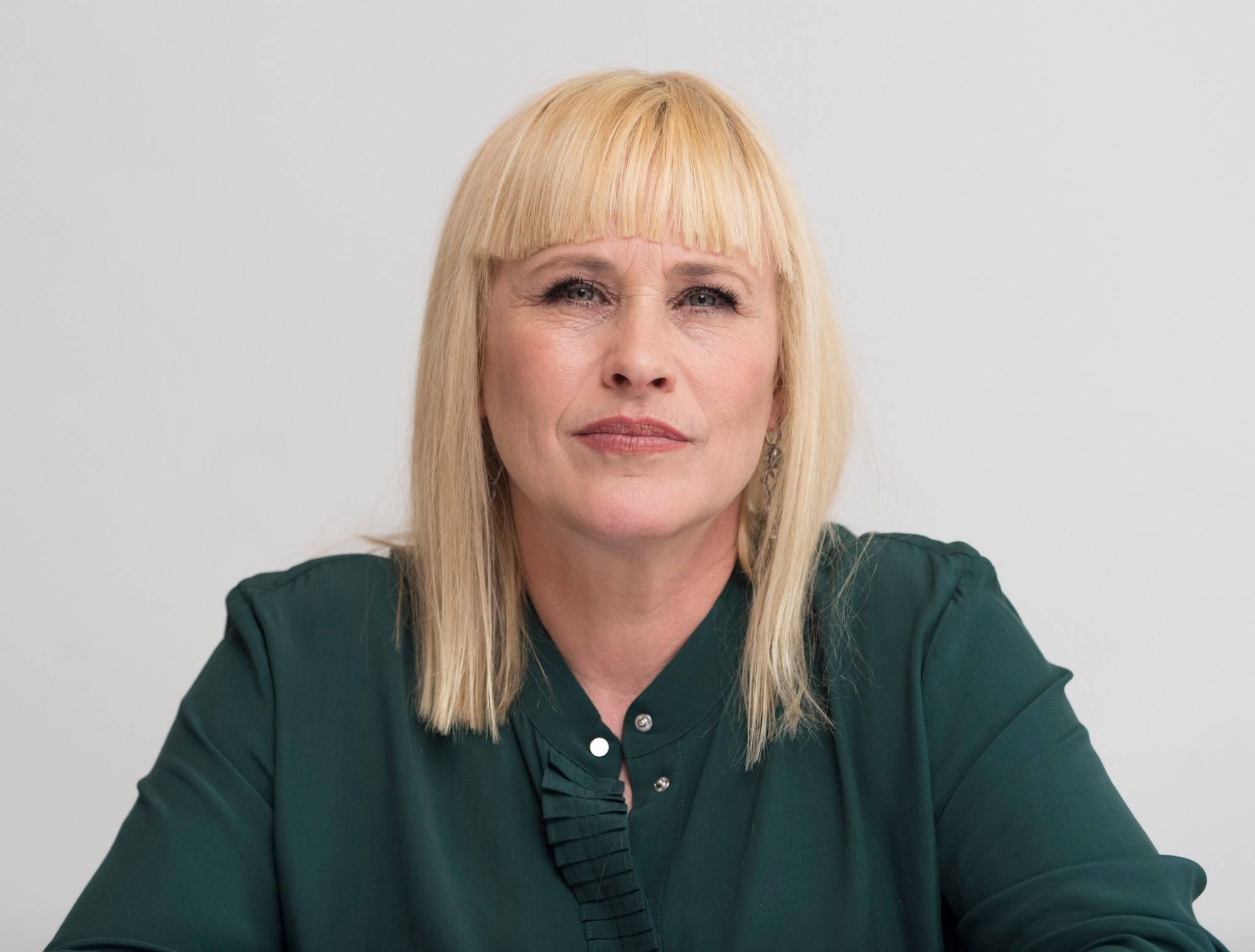
- Interviews
HFPA in Conversation:How Patricia Arquette Learned to Be a Monster
At first, Patricia Arquette couldn’t understand her character, abusive mother Dee Dee, on the miniseries The Act. But as an actress, she had to. The story is based on Gypsy Rose Blanchard’s life, who, according to her late mother suffered from leukemia, asthma, muscular dystrophy and several other chronic conditions and had a mental capacity of a child due to brain damage she had suffered as a result of premature birth. Later, after her death, Dee Dee was diagnosed with Munchausen Syndrome by Proxy, a mental condition where a caretaker exaggerates, fabricates, or induces an illness in a person under their care. HFPA’s Philip Berk met five-time Golden Globe nominee and two-time winner at the Hollywood Foreign Press Association’s headquarters in West Hollywood.
“I often don’t understand people. That’s where acting comes in because what is acting? It’s not just I’m delivering these lines, it’s me examining the inner pinnings of the emotional reality of a character. I thought, oh my god this is horrific, how could a mom ever do such a thing? I cannot imagine in a million years I would ever intentionally harm my child. I can’t stand when my kids get a bee sting, I can’t stand them suffering about anything.”
She found an interview with a woman who had Munchausen by Proxy. “Usually when you see moms or fathers who have this it’s just a snippet on the news where they’re saying, “I’m innocent; I would never hurt my kid”. And they seem sane enough, not that I believe them but they seem sane enough. But once I found an interview with a woman with Munchausen by Proxy, which was a prolonged interview. She was in prison because her child had died. After about five or ten minutes I realized, oh this lady is really mentally ill.”
Arquette talked to psychologists and looked at the research on Munchausen by Proxy. “I found all these interviews of kids who’d survived Munchausen by Proxy and to me, there’s a lot of layers. One, oftentimes these people were sickly when they were kids and it was how they experienced love in the world. The other thing is, I think that there’s a perverted form of codependency. I think that Dee Dee doesn’t really think that she has any value in the world. Nobody cares about her, she’s a nobody, she’s invisible except if she can prove to the world her value, which is taking care of this sickly child. So that gives her purpose in life, that gives her value in life, society then sees her as a hero where otherwise she would just be an invisible person. So that’s a mixture of codependency, distorted codependency, out of control and narcissism. In working on somebody like this you have to start working all of their emotional underpinnings. “
In another interview, a woman told her that when she was 12 her mom had Munchausen by Proxy and she brought her into the doctor. “The nurses and doctor held her down and they inserted a catheter into her. And the little girl said this felt like a sexual assault, it was so traumatic. Years later she found out her mother had been raped when she was twelve. So there is also a part where you are their therapeutic doll where they are processing unprocessed trauma in their own life through you. There’s a disconnect from you as a human being and in a weird way you’re a doll, an appendage of them, an aspect of their own child self. So it is a very disturbed thing but it is really understudied. But no, as a person, I can judge everybody but as an actor, I need to understand people.
Listen to the podcast and hear what kind of relationship she has with her siblings; why her dad thought it was good to have a sense of humor; why she admires her sister Rosanna; how she felt about her brother’s transition; whether she regrets being open about her relationship with Nicolas CageJohn Boorman when they filmed Beyond RangoonBoyhoodBoyhood

